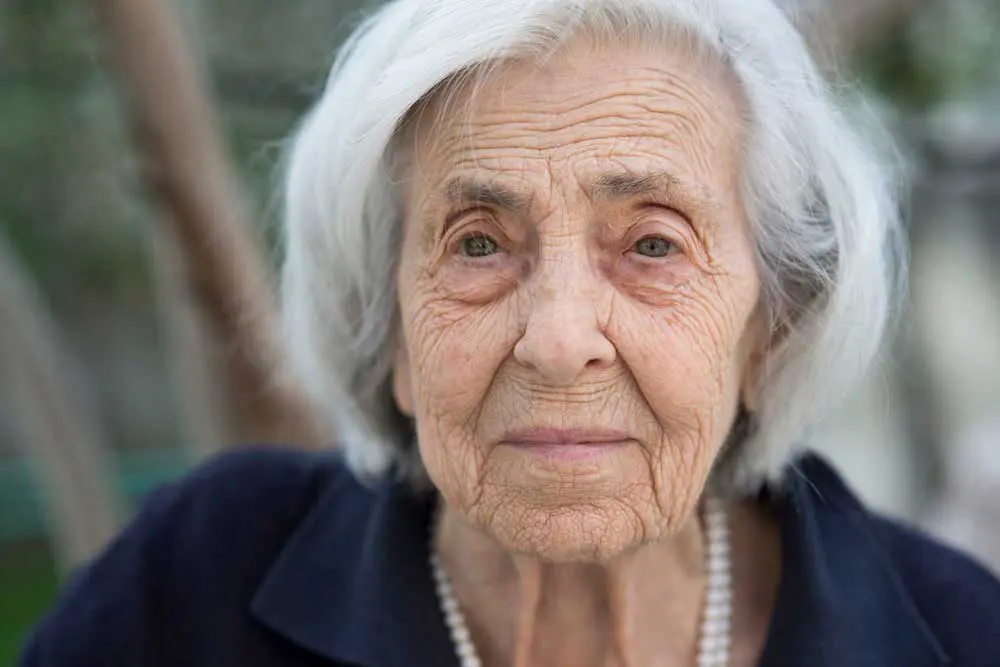With COVID-19 rates on the rise again, depression and anxiety have hit an all-time high for older adults amid the pandemic. Recent studies have determined that 1 in 4 older adults (age 65 and older) have experienced depression and anxiety since the pandemic began. Lockdowns, loneliness, fear, and loss have contributed to a mental health epidemic in an already struggling population. So, what can we do about it?
Mental Health Therapy
2020 has been filled with trials and tribulations, and the toll it has taken on American seniors is astounding. In 2018, a Medicare Beneficiary Survey reported that one out of ten older adults reported symptoms of depression and anxiety. As of August 2020, the number of older adults experiencing depression and anxiety had skyrocketed to one out of every four.
Mental health therapy has proven to be a helpful tool in treating depression and anxiety. Several different approaches to therapy can help individuals recover from depression, especially those with mild to moderate depression.
A form of mental health therapy, known as Cognitive Behavioral Therapy (CBT), helps develop new ways of thinking to reduce symptoms of depression, anxiety, stress, and loneliness. CBT offers support through particularly difficult times such as loss, grief, and illness. Additionally, CBT helps people recognize their negative thought patterns and redirects them. This results in a more positive outlook and behavior changes.
Location, Location, Location
2020 has been especially difficult for those living in senior care communities as COVID-19 has led to decreased visitation from loved ones, limited provider coverage, increased rehospitalizations due to behavioral health concerns, chronic illness, and death. Additionally, more than 20% of older Americans live in rural areas of the country, making it difficult to access quality and consistent mental health services, even before the pandemic.
A study from 2019 reported that 7.3 million Americans living in non-metropolitan areas of the country were living with mental illnesses. CMS has vastly expanded telehealth allowances to cover mental health services for Medicare beneficiaries. This has helped ease the disparities in rural America, and provided mental health accessibility to millions of rural residents across the country.
Mental Health vs. Physical Health
Since the dawn of modern medicine, physical health has been considered the priority for the patient. Not surprisingly, mental health and physical health have been found to be closely linked.
Depression and anxiety are linked to higher risk of stroke, heart disease, diabetes, Alzheimer’s, chronic pain, and more. Loneliness increases the likelihood of mortality by 26% and increases the probability of developing clinical dementia by 64%. Increases in sedentary time are directly linked to increased disease, poor well-being, and hastened death.
Nebraska Governor Pete Ricketts spoke on the importance of mental health. “If you broke your arm. If you had diabetes, you go to a doctor and get treated. Mental health needs to be the same way,” says Ricketts.
Wrapping Up Concerns
In response to the COVID-19 pandemic, legislative and regulatory changes have been made to expand access to mental health care for Medicare beneficiaries. The Centers for Medicare and Medicaid Services (CMS) have made cost sharing for mental health care equivalent to cost sharing for general medical outpatient services under the Medicare Part B benefit.
Telehealth and telepsychiatry have proven to be immeasurably beneficial during times of COVID-19, as providers are able to treat mental health concerns conveniently and effectively without risking the spread of the virus. Telehealth is becoming the future of healthcare for many disciplines—most notably, mental health care.
Please remember that depression and anxiety are not a “normal” part of aging. If you are experiencing the following symptoms, please consult a medical professional today:
- Loss of interest or pleasure in most or all normal activities
- Sleep disturbances, including insomnia or sleeping too much
- Reduced appetite and weight loss, or increased cravings for food and weight gain
- Feelings of worthlessness or guilt, fixating on past failures or self-blame
- Trouble thinking, concentrating, making decisions and remembering things
- Excessive worrying
- Restlessness
- Irritability
- Unexplained physical problems, such as back pain or headaches


